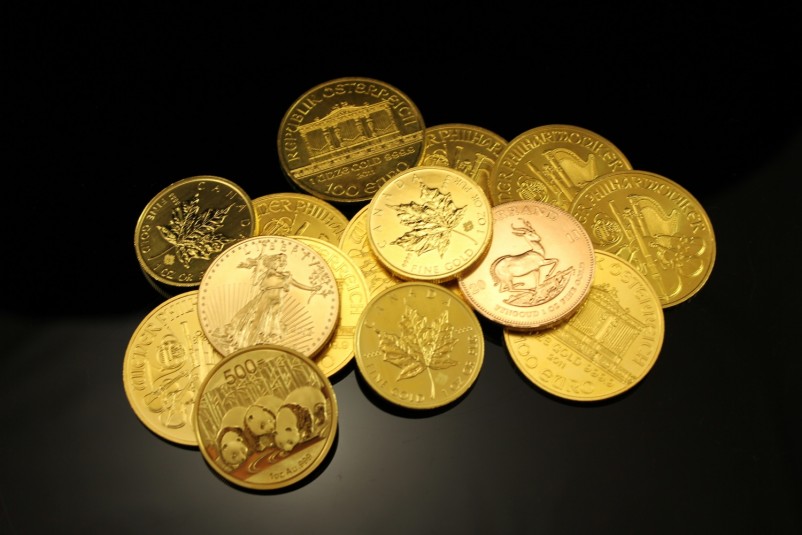
Gold coins are a popular alternative asset. Investors turn to the metal as a way to diversify their portfolios beyond stocks and bonds, using it to hedge against inflation and protect wealth against broader economic uncertainty.
But to be a successful investment, an asset also needs to be relatively easy to sell. This is what you need to know about selling gold coins to get a fair market value.
1) Learn the Value of Your Gold
Getting a good price starts with knowing what you have. Gold coins have become a widespread and popular investment. You should be able to look up a variety of different coins without much difficulty. Gold coins should be easy to identify because they are made by national mints. Common examples of coins include:
- Canadian Maple Leafs
- American Eagles
- Chinese Pandas
- Britannia Coins
- Austrian Philharmonics
- Australian Kangaroos
Alternatively, if you don't have one of these, you may have what's called a gold round. Rounds can be made by private manufacturers and may have more colorful designs. Coins may be easier and more reliable to sell than rounds, though as long as they are real gold bullion, any gold product should sell easily and for a fair price.
2) Avoid Pawn Shops and Jewellery Stores
The best way to sell gold coins is to go to a bullion dealer that can give you a fair market price for what you have. Pawn shops and jewellery stores do not have the kind of business models that allow them to get the best price when they resell gold coins.
Bullion dealers should be able to resell any good condition coins you sell to them. Other types of gold businesses may prefer to melt them down, which means they'll only be willing to offer less for perfectly good coins.
3) Check to See If You Have a Collectible
If you have a collection of gold coins, whether you collected it yourself or you inherited it, it doesn't hurt to research any of the odder or more unusual pieces you have. Most gold coins are valuable because of their gold content. They're meant to be investments that are easy to buy and sell near market value.
That said, the right piece may be worth something extra due to its rarity and desirability. For example, an American Gold Double Eagle, minted between 1850 and 1933, could be worth more to the right collector than a recently-minted, 2021 Canadian Gold Maple Leaf.
You can also acquire limited-proof coins that tend to come at a higher premium than other, more readily-available coins.
Gold coins are a relatively liquid asset, despite being a physical commodity. That doesn't mean you can sell them anywhere, however. Learn what you have, avoid pawn shops and cash-for-gold businesses that don't deal with bullion coins, and get the coin evaluated if you have any questions about it.

 Share on Facebook
Share on Facebook





















